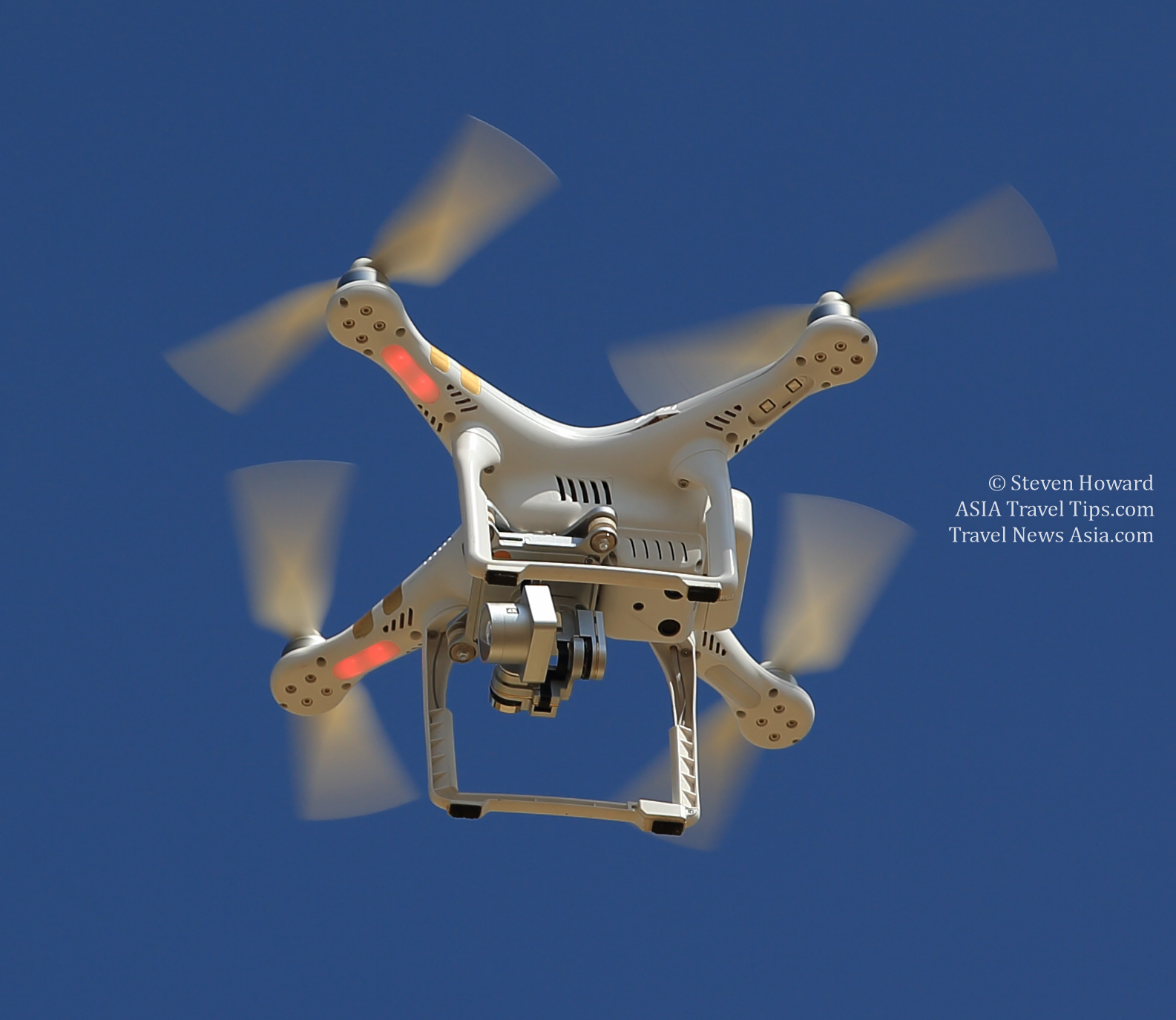|
As drone technology advances, large
multinationals are looking to drones to help with deliveries and
cut operational costs. But are consumers ready for the future of
drone delivery?
Shoppers in Asia Pacific are some of the most
confident when it comes to the concept of receiving drone
deliveries and making payments via autonomous technology,
according to new research from Worldpay.
Worldpay�s research examined the viewpoints of
over 20,102 consumers across 10 global markets, including China,
Singapore and Australia in Asia Pacific. Consumers were asked
about their opinions in relation to the Internet of Things (IoT),
specifically, how comfortable they are with the concept of drones,
and whether they would be happy to allow these machines to deliver
parcels or collect returns. The research found that Asia Pacific
shoppers are more comfortable than their global counterparts when
it comes to drone delivery.

Key findings in Asia Pacific include:
� 70% of consumers in China and 52% in Singapore
are comfortable with drone delivery;
� Australia is ahead of the curve globally
although slightly more cautious than regional counterparts, with
43% of consumers comfortable with drone delivery; and
� 66% of Chinese consumers are comfortable with
the notion of having a drone collect any unwanted items or
returns, as compared to just 45% in the U.S. and 41% in the UK and
Germany.
Phil Pomford, General Manager for Asia Pacific,
Global Enterprise eCommerce at Worldpay, said, �Shoppers in Asia
Pacific are once again eager to lead the way in trying out new
shopping technology and experiencing the future of retail sooner.
Online merchants are already trialing drones capable of delivering
packages at lightning-speed, and as shoppers become more
comfortable and confident with autonomous technology, we can
expect to see many opportunities for connected devices to make
consumers� lives easier.�
The rapidly growing presence of online shopping
has made Asia Pacific a busy and prosperous market for parcel
delivery. However, a natural consequence of such rapid growth has
been the rise of parcel fraud, leading to missing items or fake
courier scams and ultimately threatening to damage to consumer
confidence when it comes to bringing new technology into the
shopping experience.
Pomford added: �This is where payment technology
will play an important role. By verifying the identity of the
recipient before releasing the parcel, our proof of concept is an
example of how technology can address the common problems
associated with home delivery. The volume of parcels in transit
will only increase, as shopping online increasingly becomes the
channel of choice for Asia Pacific consumers. Merchants should
therefore explore new ways of innovating their supply chain
capabilities, to keep pace with demand.�
See also:
airBaltic Airbus A220-300 HD Video and Podcast Interview with
Martin Gauss, CEO.
See latest
HD Video
Interviews,
Podcasts
and other
news regarding:
Drones,
Trends,
Worldpay.
|
